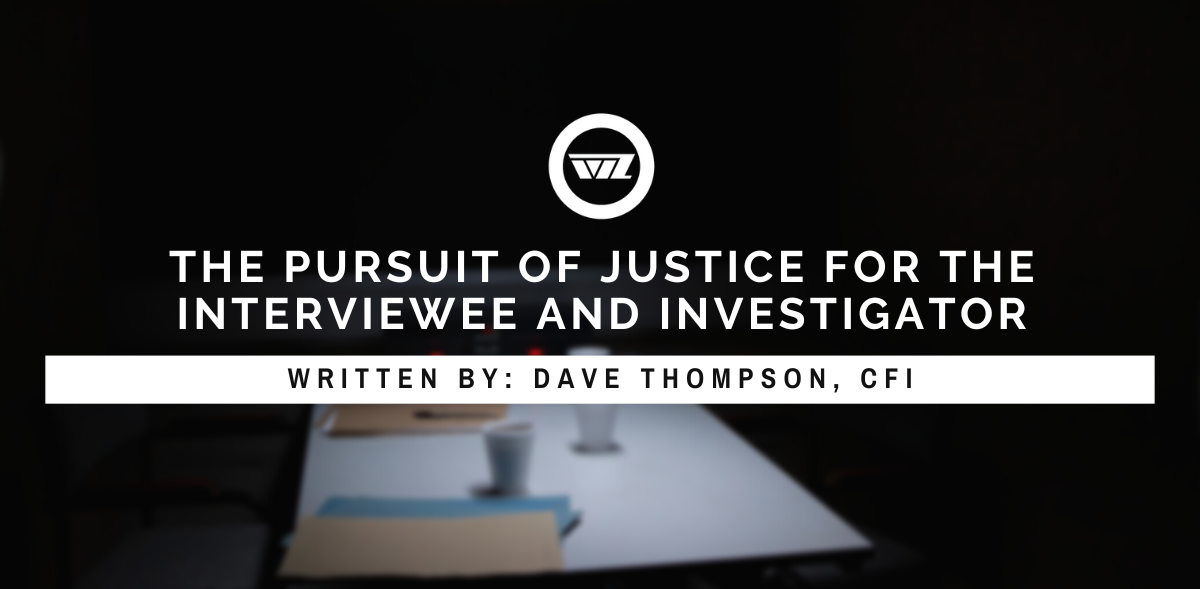Guilty or Innocent? Right or Wrong? Apparently it depends on which article you read and the author’s motive.
In a culture where the most controversial stories result in better ratings, it is inevitable that these persuasive reports will exist. However, it causes unfair and unjust consequences for those parties involved when an uninformed society makes a judgment based off a biased report designed to persuade the reader toward a particular opinion.
Depending on the city in which you are watching the news, or the media outlet providing you the story, you leave with a bad taste in your mouth for one side of the argument. If your goal is to have your opinion dictated to you or your mind made up for you, then this system works in your favor. However, if you are someone who likes to obtain all the relevant facts before making a conscious decision or opinion, then you should feel as slighted as I sometimes do with these baseless reports.
Let’s take, for example, the variety of incidents over the last year alleging police brutality. I’m not here to discuss the validity or non-validity of this as an issue, but rather the reporting with which it seems to be accompanied. Last year, a Grand Jury decided not to indict Darren Wilson for the incident that occurred in Ferguson, MO. Immediately after the decision was announced, both Fox News and CNN released a push notification to anyone subscribing to their service. They read as follows:
“BREAKING NEWS: Grand jury does not indict officer in Ferguson case” – Fox News
“No indictment for Darren Wilson, the white police officer who fatally shot Michael Brown, an unarmed black teen” – CNN
I’m not projecting my opinion on that incident, merely pointing your attention to the same incident being delivered to the public in two very different ways. Why such different deliveries of the same piece of news?
Another good example, of a much lighter topic, would be the infamous “Deflategate” surrounding the New England Patriots. Upon the first reporting of the alleged deflated footballs, here are two examples from the beloved hometown of the Patriots:
“#Deflategate: Latest Accusations of the Patriots’ Ways of Cheating Sure Sound Flat” – Boston.com
“If not for Patriots, Deflategate would be a non-story” – The Boston Globe
Take a look at the New York version, home of the NY Jets, a divisional rival of the Patriots and the NY Giants who have met the Patriots twice in recent Super Bowls:
“SLIME BALLS – Report: 11 of 12 footballs used by Patriots were underinflated” – New York Post
Unless you have a pre-determined opinion on this subject, then just by reading this headline you have a bias either for or against the Patriots or the NFL in this incident. All three articles are reporting the same facts, but with a different angle.
Another recent incident dealing with “Cecil The Lion” has caused a media uproar (no pun intended). Again, a person may have a stance on this issue based upon their own belief system but if you hadn’t formed an opinion, and instead only glanced at a few headlines, you may have been confused as to how you should feel:
“Minnesota dentist says he regrets lion’s death, but thought hunt was legal” – Foxnews.com
“Minnesota dentist allegedly killed Cecil the lion” – USA Today
“Cecil the lion’s killer revealed as American dentist” – The Daily Telegraph (UK)
“American Hunter Killed Cecil, Beloved Lion Who was Lured Out of His Sanctuary” – NY Times
All four of these articles were posted around the same timeframe, and as you read them from top-down, the dentist appears to be more guilty or heinous. All articles contain different elements of the truth, but portray it in a different light.
Lastly, one more example from the sports world. These articles were all released as the news broke that Adrian Peterson reached a plea deal in his case involving alleged child abuse. Again, the headlines give you an immediate emotional bias about the entire case – but all contain the same basic facts:
“Vikings’ Adrian Peterson pleads no contest to misdemeanor charge” – Sports Illustrated
“Adrian Peterson avoids jail time in child abuse case” – USA Today
“Adrian Peterson Dodges Jail for Beating Kid” – New York Post
Most readers will review headlines and either make a snap decision or develop some sort of an impression based solely off a few words. As you read your next article, regardless of the content, look for words that show emotion or bias. Check to see if you are able to withhold judgment when forming an opinion based off facts, rather than based off how the author wants you to feel.
In the market of investigations and interrogations, it’s important when documenting the recap of an incident or a statement of fact, to make it nothing more than that. As a fact-finder, investigator or interviewer, our job is to report to the decision maker only the relevant facts in an unbiased manner. If you find yourself in one of these roles, I challenge you to read your latest article or case report and ask yourself… “Am I reporting or am I persuading?”
If you find yourself writing with emotion, bias and a persuasive approach, maybe you should reconsider a career choice and find a tabloid hiring near you.
Wicklander-Zulawski & Associates is a consulting and training organization dedicated to supporting professionals in the difficult task of identifying the truth. Our passion for the truth has led us to become a world leader in non-confrontational interview and interrogation training.




